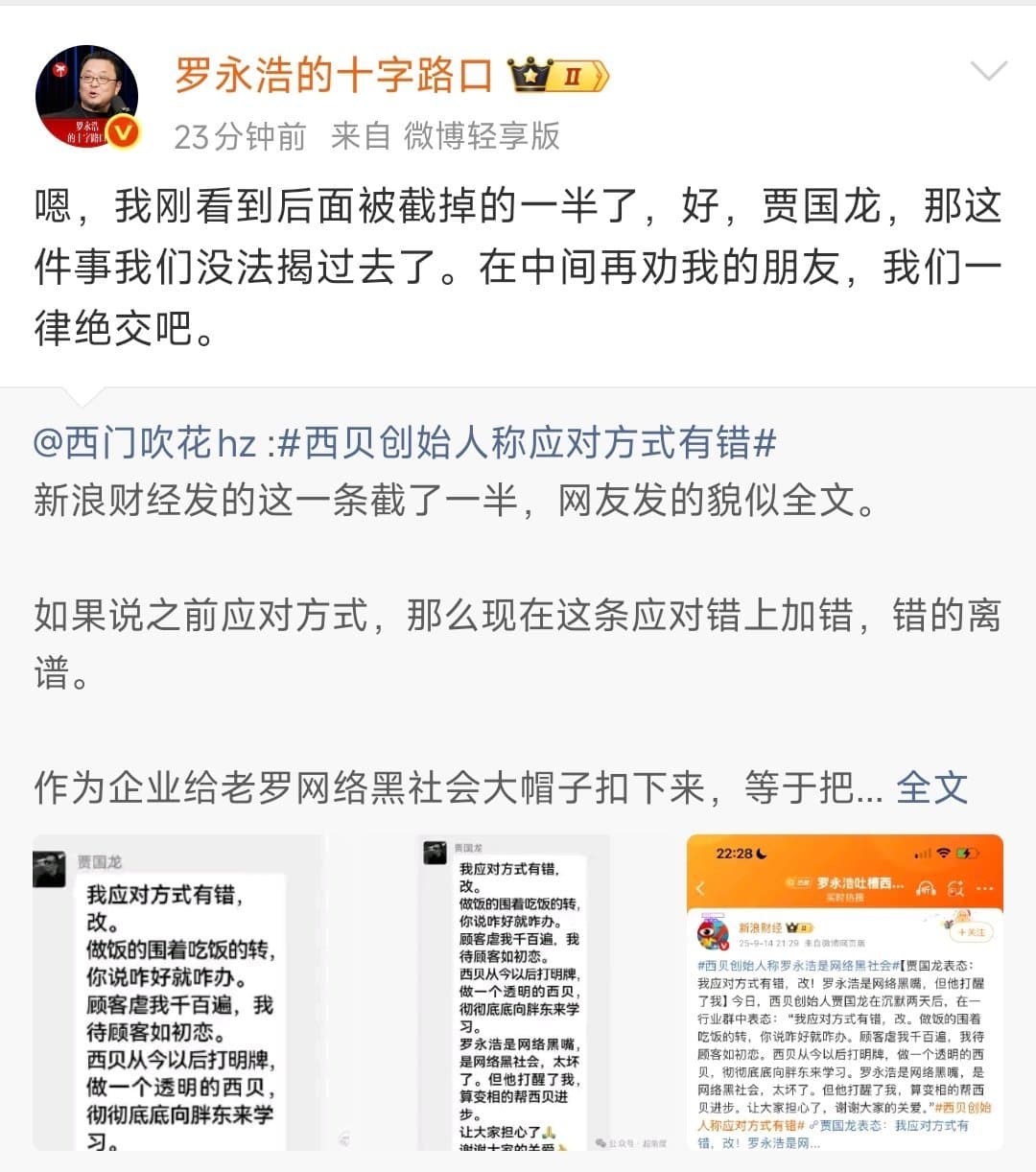Navigating the Complex Nuances of the Chinese Stock Market Amidst Struggles
Amidst Struggling Markets: The Complex Nuances of the Chinese Stock Market

30 January 2024
As A-shares continue to plummet and investors express dismay, the Chinese stock market has come under scrutiny. Social media platforms like Weibo are buzzing with opinions and concerns surrounding this downturn, with many questioning the stability of the market.
"The stock market is like a city surrounded by walls; people on the outside want to come in, while those inside want to get out," reads one Weibo post. In light of the recent market crash, this sentiment seems all too familiar for many Chinese investors.
In recent weeks, several high-profile executives and business leaders have expressed their opinions on the state of the Chinese stock market. One user commented on another post, "I suggest switching to cumulative profits and viewing again." The suggestion points towards a more long-term investment strategy, as opposed to focusing solely on short-term gains and losses.
Apart from individual investors, even seasoned traders have experienced challenges navigating the current market conditions. One such trader, known as "Sage," shared his journey towards becoming a professional investor. Starting as an amateur trader during the early days of China's stock market boom in 2006, Sage explained how he transformed into a successful full-time investor. His advice resonates with other traders struggling to make sense of the volatile market: "Don't use just any long-term strategy; adopt one that is best suited for your individual needs and risk tolerance."
While some investors grapple with the stock market's volatility, others have voiced concerns about how it reflects public sentiment towards China. One Weibo user wrote, "The A-share market is the most genuine reflection of people's sentiments and confidence in China." They suggest that those outside the financial industry might find it difficult to obtain accurate information about China's progress due to online misinformation and propaganda.
The issue of divorce in high-profile cases is also impacting China's stock market. Earlier this month, news broke about a high-value divorce settlement involving a major shareholder of a Chinese pharmaceutical company. The announcement caused shares to decline significantly, with one investor asking how the "patriotism" angle could be leveraged to make money from such situations. Another user responded by emphasizing the importance of understanding the fundamentals behind an investment before jumping into speculation.
In an effort to address market concerns, the China Securities Regulatory Commission held a press conference earlier this month. During the event, they discussed measures taken to support the economy and boost investor confidence. Despite these efforts, the market remains uncertain with investors seeking direction amidst the ongoing turbulence.
As the A-share market continues to struggle, one thing is clear: navigating the complex nuances of the Chinese stock market requires a combination of patience, knowledge, and resilience. With social media platforms like Weibo providing a platform for discussion and debate, it remains to be seen whether these conversations will lead to change or simply echo the sentiments of those already invested in the struggle.



